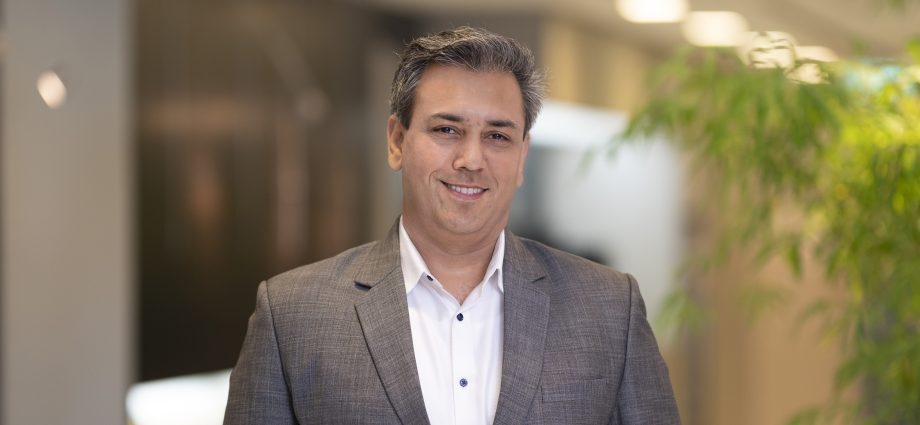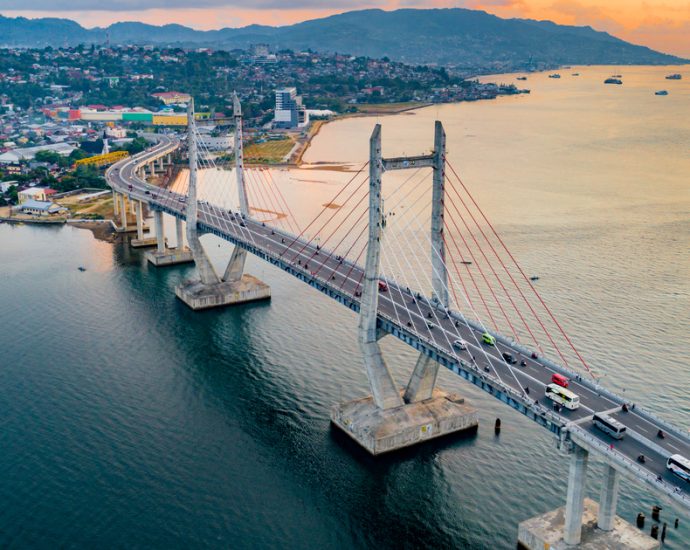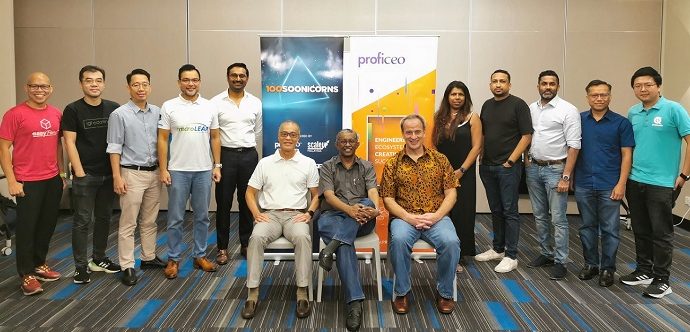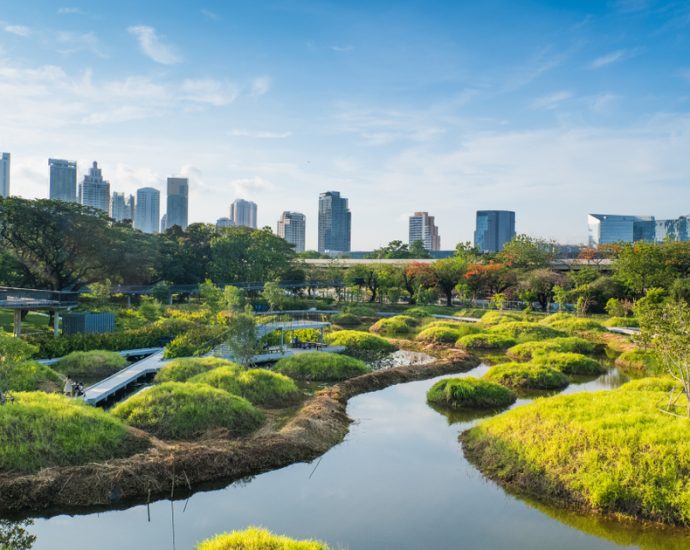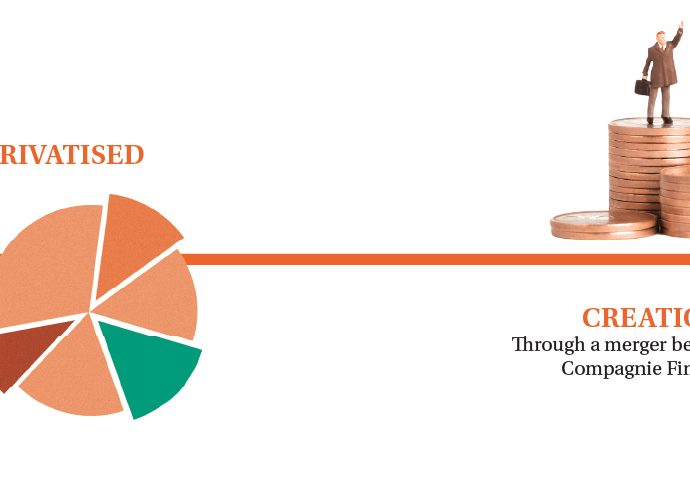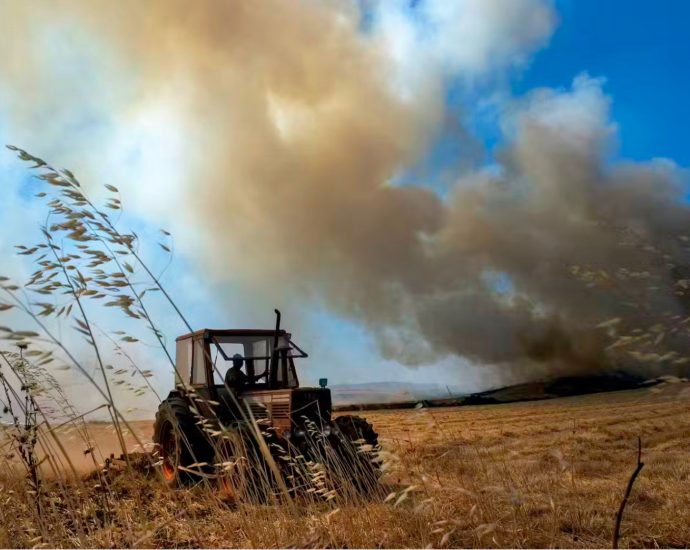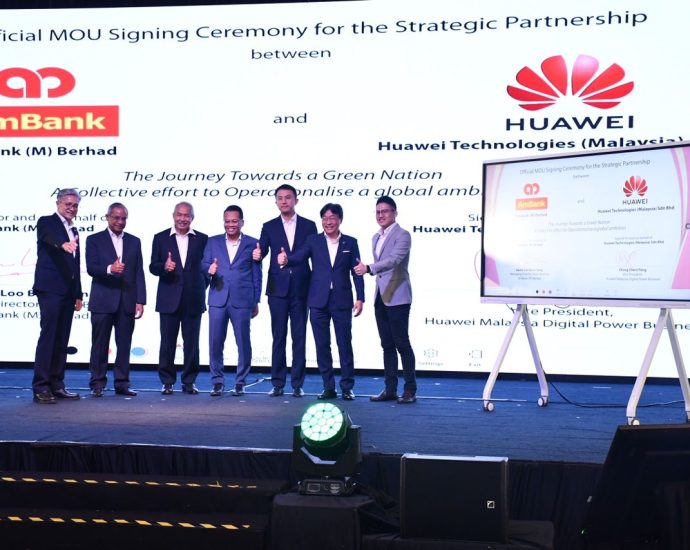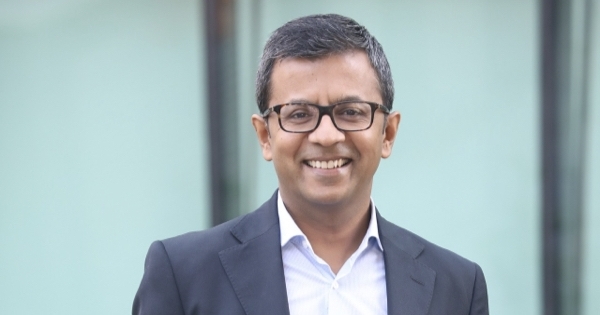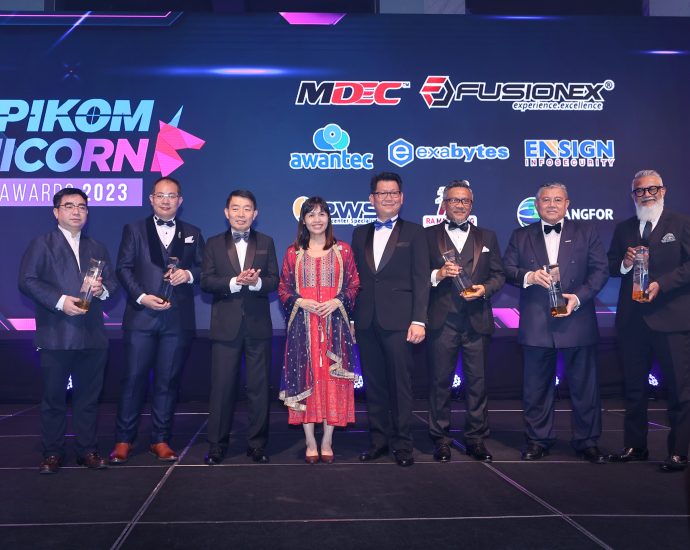EY Center for Sustainable Supply Chains launches in Singapore
Comprises team of 50+ climate change and sustainability professionals
Focus areas include traceability, supply chain decarbonisation, circular business models & tax incentives
The EY organisation recently launched the EY Center for Sustainable Supply Chains. Based in Singapore, the Center provides tailored service offerings that help organizations at every stage of their supply chain…Continue Reading

